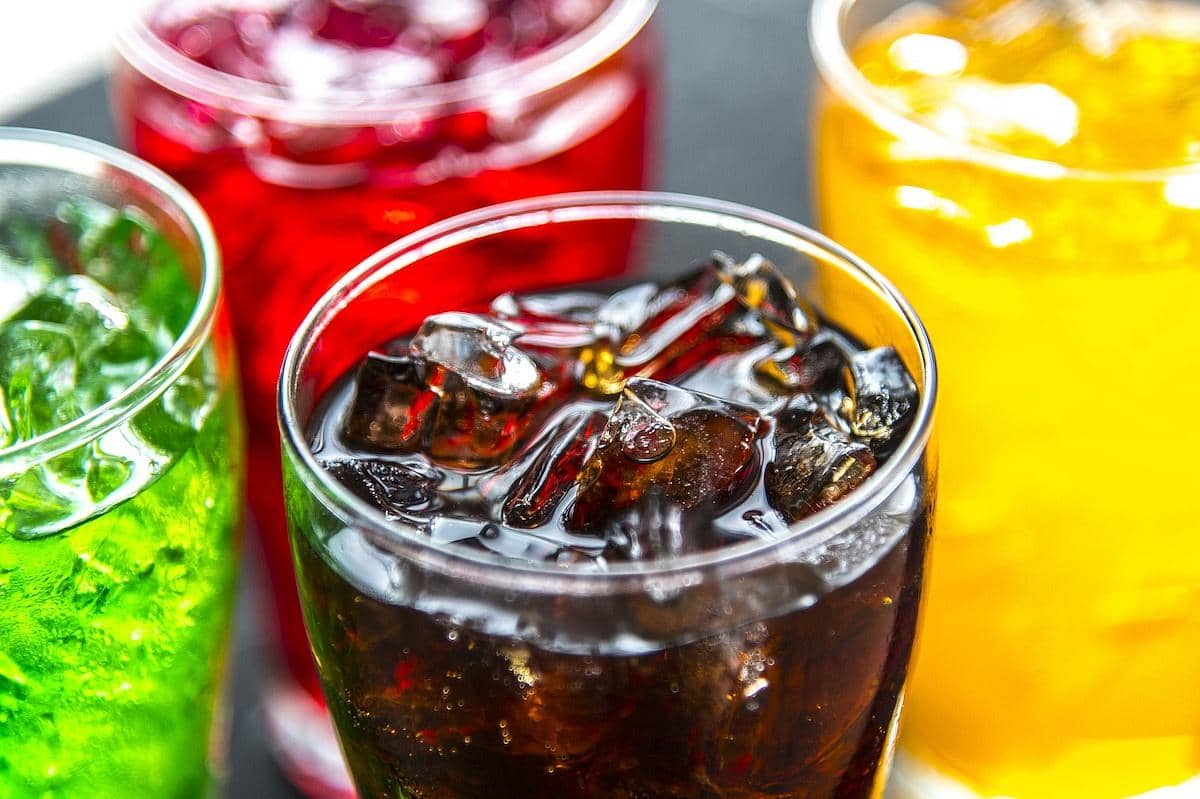
Taxes could greatly reduce consumption of sugar-sweetened drinks, according to a new study released by the Pan American Health Organization (PAHO). A 25% increase in the price of sugar-sweetened beverages resulting from higher excise taxes would likely lead to a 34% reduction in consumption of these drinks, the study shows.
“Sugary beverages greatly contribute to overweight and obesity, and these conditions are known to cause heart disease, diabetes, and other serious noncommunicable diseases,” said PAHO Director Carissa F. Etienne. “Reducing consumption of these beverages improves health, and excise taxation is an effective tool to achieve this.”
She said that effective policies such as taxation of sugar-sweetened beverages have become even more urgent amid the COVID-19 pandemic. Scientific evidence indicates that people who are overweight or obese or suffer from diabetes and heart disease are more likely to develop severe cases of COVID-19.
In the Americas, 64% of men and 61% of women are overweight
“Excise taxes on sugar-sweetened beverages could generate a triple win for countries,” said Anselm Hennis, Director of PAHO’s Department of Noncommunicable Diseases and Mental Health. Dr. Hennis explained that sugar-sweetened beverage taxes not only generate revenue, but also improve health, while reducing long-term health costs and productivity losses due to illnesses related to overweight and obesity.
In addition, Dr. Hennis said, “Sugar-sweetened beverage taxes could be used as an immediate source of tax revenue to respond to the COVID-19 pandemic, finance economic recovery plans, and support countries as they advance to universal health coverage.”
Taxes on sugar-sweetened beverages are increasingly being adopted by governments globally, and have been implemented in more than 73 countries worldwide. In the Americas, 21 PAHO member states apply national-level excise taxes to sugar-sweetened beverages, while seven jurisdictions in the United States apply local taxes to these drinks.
The PAHO report notes that many taxes on sugar-sweetened beverages in the Americas have been designed with fiscal goals in mind and do not consider the important role they can play in the protection of health. The report explains how existing taxes could be utilized to improve health through reduced consumption of sugar-sweetened beverages.
“As more governments adopt and improve taxes on sugar-sweetened beverages, this is expected to reduce the burden of noncommunicable diseases,” Dr. Hennis said.
Advertise with the mоѕt vіѕіtеd nеwѕ ѕіtе іn Antigua!
We offer fully customizable and flexible digital marketing packages.
Contact us at [email protected]

















Tax the hell out of them. Enough is enough. We’re all too fat!!!
Always about money and fleecing citizens.
Every department, organisation, body and govt entity is all about how to squeeze every penny out of citizens.
Die from Diabetes and obesity then. Your choice.
Who dead, bury.
The more pressing issue is taking a Sorrel from the cooler thinking it is a Kola champagne. Let us address the elephant in the room.
Have you noticed how FAT everyone around here is, including children??? Not too many people seem to have self-control. Obesity, diabetes, and heart disease is killing our people, and lots of this can be avoided. What the hell is going on? Tax the hell out of anything unhealthy. Save the nation. We’re drowning in fat. Doesn’t anybody have any shame anymore? The medical system could collapse if we keep putting on pounds. Shame on us. (Admittedly, some do have health issues that cause their obesity, but this is a tiny minority, and them we have compassion and understanding.) Time to get serious about this fat epidemic.
´´EVERYONE´´ is not fat! Is Lovell fat, is Damani fat, Trevor Walker, Daryll Matthew et al
Comments are closed.